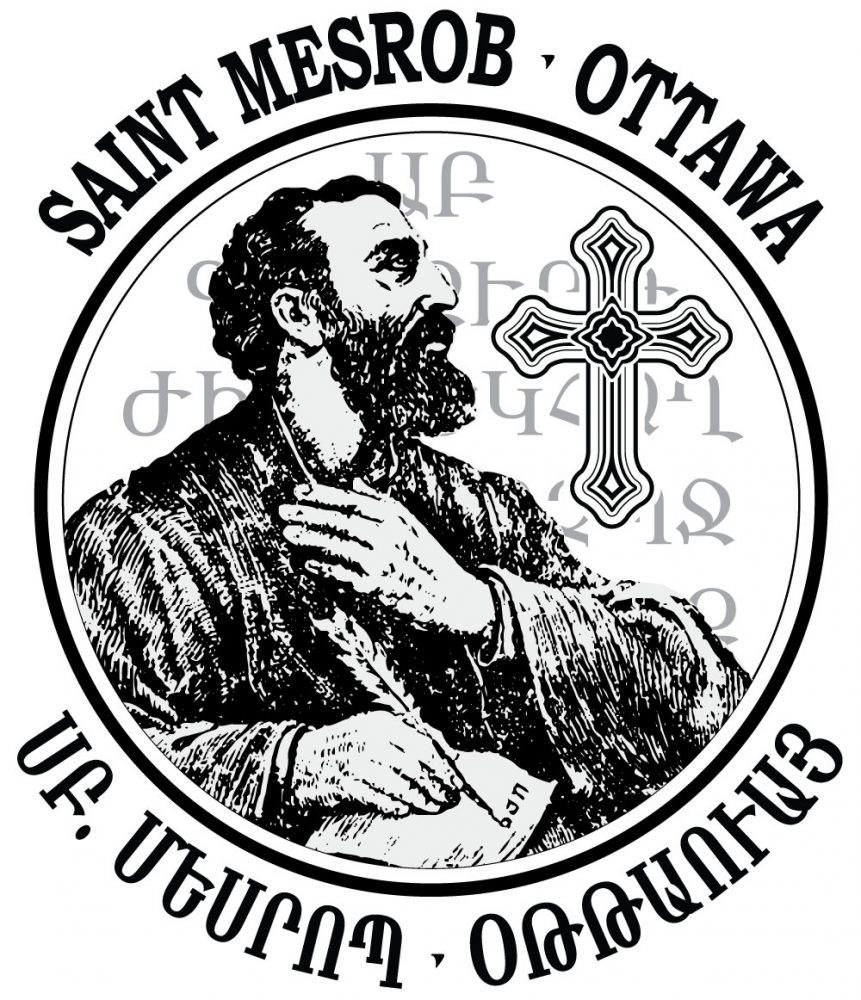FUNERAL SERVICES
The funeral service of the Armenian Church, although not considered a sacrament, is an integral part of the liturgical life of the Church. In the Funeral and Burial Liturgy, the Church, as the people of God, consecrates the departure of the soul from the body in death.
When a family is stricken with the sorrow of the death of a loved one, the painful experience of arranging the detail s of the funeral becomes even more painful. Many families have probably never faced this situation before and suddenly, they feel alone in their grief. When you are faced with the reality of death, be sure to call your priest, who will offer you comfort as well as help you in making the necessary arrangements. There are two aspects in the funeral arrangements: the Church services and the details of the burial with a funeral director.
The Wake or Home Service
The night before the funeral, the Church offers a wake or Home service as it is called in the Armenian Church’s Book of Rituals. It can be held in the deceased’s home, in a funeral parlour. However, in our parish, the use of the Church sanctuary for the wake is allowed and encouraged. Some feel that offering the wake in the Church provides a more appropriate setting and atmosphere.
The body remains in Church overnight for the funeral service the next morning. Details of time, etc. can be discussed with the priest and can be arranges according to the wishes of the deceased and the needs of the family. Bear in mind that the funeral home may only be used for the wake service.
The Funeral and Burial Services
The next day, a special funeral service is held in the Church sanctuary, followed by a funeral procession to the cemetery and the Service of the Sealing of the Grave. When you meet with the funeral director to make the arrangements, here are some aspects you should be prepared to face:
1. Selection of the cemetery and the grave. If the family already owns a cemetery lot, the funeral director will need the deed.
2. There will be questions about the deceased that the funeral director will ask. Among these questions will be the deceased’s full name, social insurance number, date and place of birth, name of the father, maiden name of the mother, place of residence, marital status, etc.
3. Selection of a casket.
4. Optional items you may consider include the grave vault, limousines, pall bearers, newspaper notices, needed number of copies of the death certificate, etc.
5. Flower arrangements can be made separately with a florist. It is strongly urged that the use of flowers be kept to a minimum. Instead, a memorial donation to the Church or to another charitable organization is recommended.
Donations “in lieu of flowers”
To make donations to a charitable organization in memory of a loved one is a commendable tradition in our society. Relatives and friends usually make their contributions to an institution designated by the family as the preferred beneficiary of such contributions. Families are encouraged to name St. Mesrob Armenian Church of Ottawa as the beneficiary of “in lieu of flowers” donations, in which case special envelopes will be made available for the convenience of donors. The list of donors will be provided to the family for proper acknowledgements.
The Requiem service or “Rite of the Repose of Souls” (Hokehankist)
The Requiem service or Hokehankist is one of the oldest and most revered traditions of the Armenian Church, when the names of departed loved ones are remembered in prayers during the Liturgy. If you wish to make arrangements for a Requiem service, simply call the priest or the Church office. Requiem prayers are usually offered on the Karasounk, the closest Sunday following the fortieth day after one’s death. However, the service can also be held yearly, on the anniversary of the death or on any other occasion that one wishes to pray for the souls of deceased loved ones.
Parishioners are asked to submit their requests to the Priest or a member of the Parish Council at least one day before the service, in order to have the person’s name included in the Requiem service.
Memorials and Gifts
One of the best ways to perpetuate the memory of a loved one is to make a memorial donation. Liturgical vestments and vessels, liturgical books, office equipment, etc., could be a very appropriate way to place a permanent memorial. An appropriate plaque or inscription will be placed as wished by the donor. Please discuss your plans with the priest or the Parish Council Chairperson.
Please remember that all donations are tax deductible.
Wills and Bequests
When preparing your will, either by yourself or with the aid of a lawyer or notary. We would encourage you to consider naming the Church as a beneficiary.
